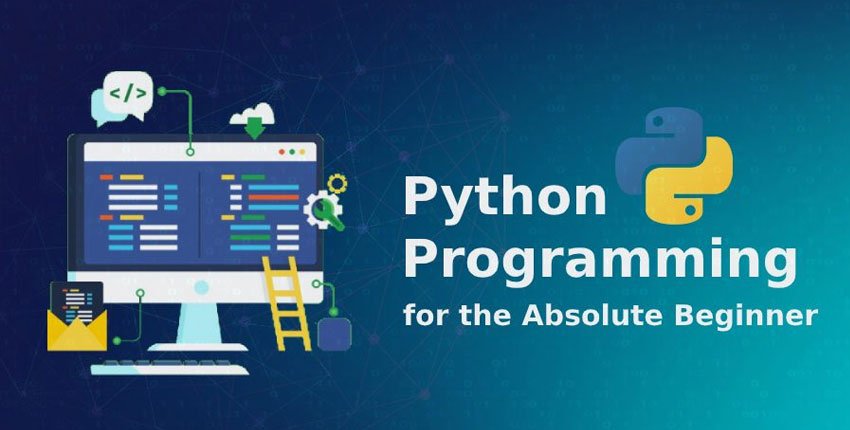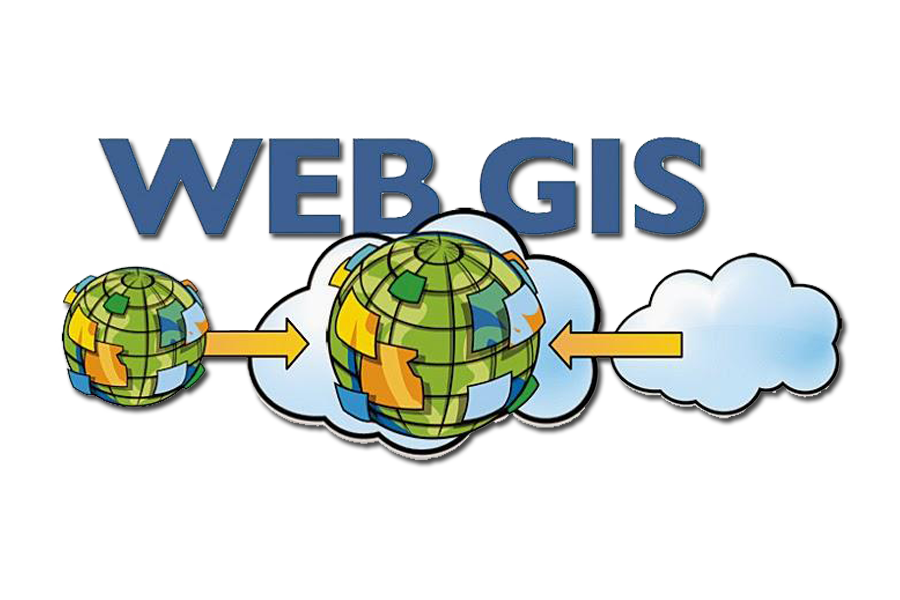Course Overview
Introduction to Programming Using Python course is a comprehensive training program designed to introduce learners to the world of Python programming. Covering a breadth of topics from the very basics of running Python and writing simple scripts to more advanced concepts like handling exceptions, working with dates and times, and running Python scripts from the command line, this course is structured to provide a strong foundation in Python. Throughout the modules, learners engage in lessons that include practical lab exercises, reinforcing their understanding of concepts like variables, functions, modules, and file processing. They will gain proficiency in flow control with conditional statements and loops, understand how to manipulate strings and work with tables like sequences, dictionaries, and sets, and learn to utilize virtual environments for project isolation. By the end of the course, participants will have a solid grasp of Python that will serve as a platform for further learning and development in the language. Whether it’s for data analysis, web development, automation, or scientific computing, this course equips learners with the necessary skills to start creating their own Python programs and scripts effectively.
Learning Objectives
- Understand and apply Python’s basic syntax and script structure by writing and executing Python scripts.
- Create, manipulate, and understand Python variables, data types, and fundamental operators to perform calculations and process data.
- Define and use functions, including understanding scope, parameters, and return values to modularize code.
- Utilize Python’s built-in and external modules to extend the functionality of Python scripts.
- Work with Python’s string manipulation capabilities to format, search, and present text data effectively.
- Manage and operate on sequences, dictionaries, and sets to organize and process data collections.
- Implement flow control with conditional statements and loops to direct the execution flow of scripts.
- Set up and use virtual environments for project dependencies to ensure consistent execution across different systems.
- Employ regular expressions for pattern matching and text processing tasks.
- Perform file operations, including reading from and writing to files, and navigate the file system using os and os path modules.
Target Audiance
- University Students: Undergraduates seeking to enhance their coding skills attended the Introduction to Programming Using Python course in Dubai.
- Professionals in Transition: Career changers aiming to pivot into the tech industry participated in the Python programming course.
- Software Developers: Experienced developers looking to learn a new language enrolled in the Python programming course in Dubai.
- Data Analysts: Analysts wanting to automate tasks and improve data processing capabilities attended the Python course.




 4.7
4.7

